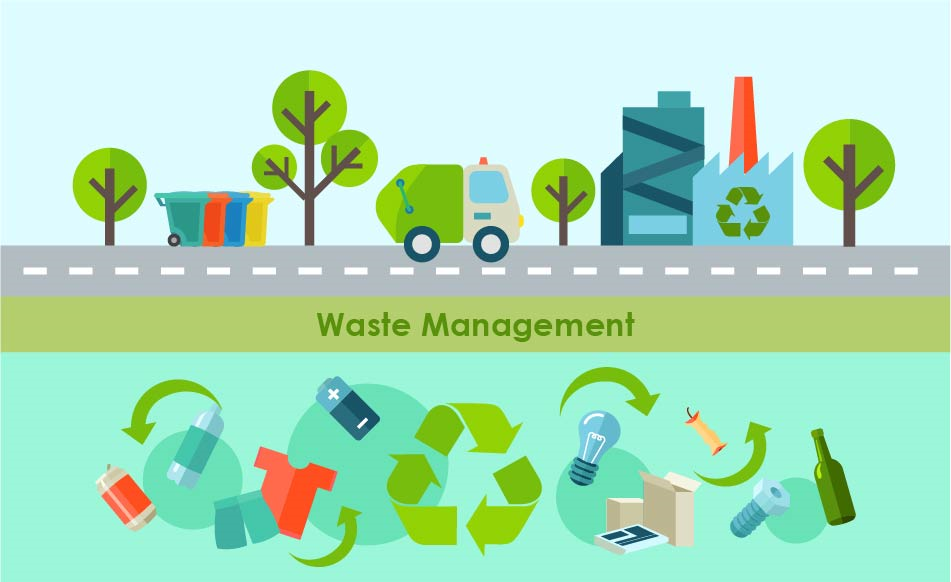ABOUT US
An organization’s approach for disposing of, reducing, recycling, and preventing trash is called a waste management system. Recyclables, compost, waste to energy, landfills, incineration, bioremediation, and waste minimization are all potential waste disposal techniques.
The typical waste management method employs rubbish pickup vehicles and their drivers to travel along a predetermined path without checking the level of the containers’ capacity.
Because this method is unable to determine how full a container is, it is possible to empty half-full containers without waiting for the next collection period, but pre-filled containers must. Furthermore, as drivers pick up empty bins, the system’s predetermined collection routes waste time, increase fuel consumption, and consume resources excessively.
Effective Waste Management
Smart trash management focuses on using sensors, sophisticated surveillance systems, and mobile applications to address the aforementioned solid waste management issues.
Sensing devices are the first intelligent waste treatment solution to improve the effectiveness of waste collection. When the containers are full or nearly full, sensors can gauge their fill level and alert waste management services to clear them.
They can provide current information at any time. These tools support route optimization for fully loaded containers and generate intelligent driver schedules. Because of the reduced obligations, the use of the container also reduces the demand for waste collection workers.
By using their GPS features, they can also notify waste management businesses or governments if an unfavourable event occurs, such as a sudden rise in temperature or the movement of a container.
